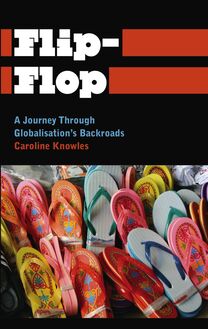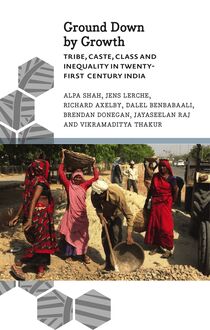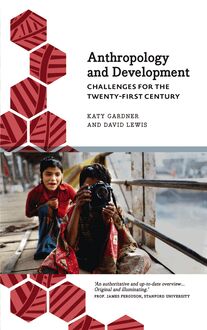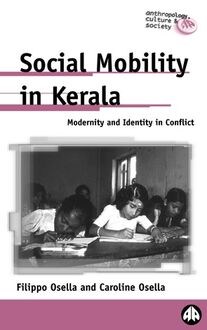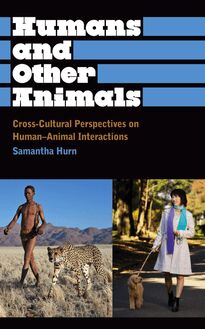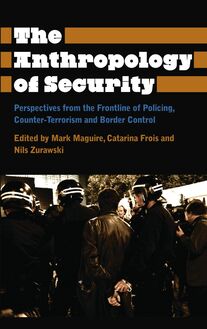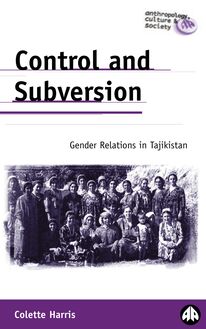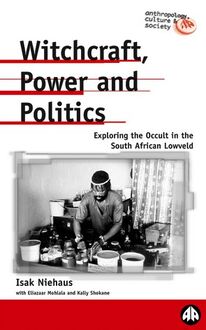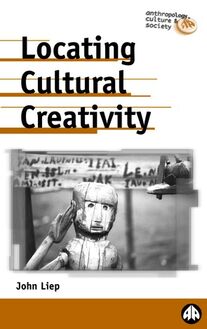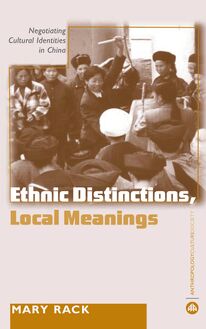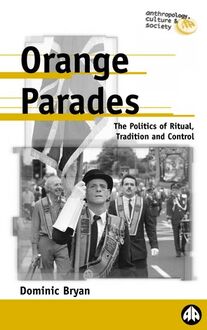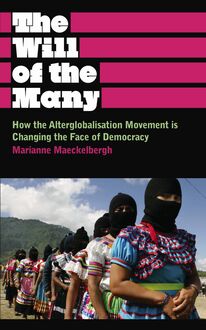Identity and Affect , livre ebook
318
pages
English
Ebooks
1999
Obtenez un accès à la bibliothèque pour le consulter en ligne En savoir plus
Découvre YouScribe et accède à tout notre catalogue !
Découvre YouScribe et accède à tout notre catalogue !
318
pages
English
Ebooks
1999
Obtenez un accès à la bibliothèque pour le consulter en ligne En savoir plus
Publié par
Date de parution
20 février 1999
EAN13
9781849640459
Langue
English
Poids de l'ouvrage
1 Mo
The contributors examine in particular the growing fragmentation of social relations in these areas and the impact this is having on individuals and communities who, forced into an increasingly outward orientation, are initiating processes of cultural redefinition and social realignment.
The different effects of colonialism on identity formation are examined in studies of communalism in Sri Lanka, untouchables in India, cargo cults in New Guinea and the substitution of food exchange for cannibalism in Kaluana. Focusing on Italians in London and south Asians in East Africa, the formation and experience of belonging to cultural diaspora is explored from the perspective of the individual and the social collectivity. The authors conclude with an exploration of some of the defining experiences of modernity, specifically how individuals in industrial capitalist societies have come to see their identity as dependent on modern forms of industrial, public sector work.
Preface
1. The Political Economy of Identity and Affect by Alan Rew & John R. Campbell
PART I: ‘Becoming ....’
2. Constructing identities in nineteenth century Colombo by R.l. Stirrat (School of African and Asian Studies At the University of Sussex)
3. Responding to subordination: Identity and change among South Indian Untouchable Castes by David Mosse (School of Oriental and African Studies, University of London)
4. Feasting friends, eating enemies: Amity & enmity in Kalauna by Michael W. Young (The Research School of Pacific and Asian Studies, the Australian National University)
5. States of anxiety: Cultural identities and development management in east New Britain by Alan Rew (University of Wales and Director of the Centre for Development Studies At Swansea)
PART II: ‘Belonging ...’
6. Culture, social organisation and Asian identity: Difference in Urban East Africa by John Campbell (University of Wales, Swansea)
7. Historicity and communality: Narratives about the origins of the Italian ‘community’ in Britain by Anne-Marie Fortier (Concordia University, Montreal)
PART III: ‘Being ...'
8. ‘An African Railwayman is a railwaymen’ .... Or the subject of the subject of the subject by Ralph Grillo (School of African and Asian Studies, University of Sussex)
9. Celebrating diverse identities: Person, work and place in south Wales by Len Mars (University of Wales, Swansea)
10. The organisation of development as an illness: About the metastasis good intentions by Phillip Q. Van Ufford (Free University of Amsterdam)
Index
Publié par
Date de parution
20 février 1999
EAN13
9781849640459
Langue
English
Poids de l'ouvrage
1 Mo
